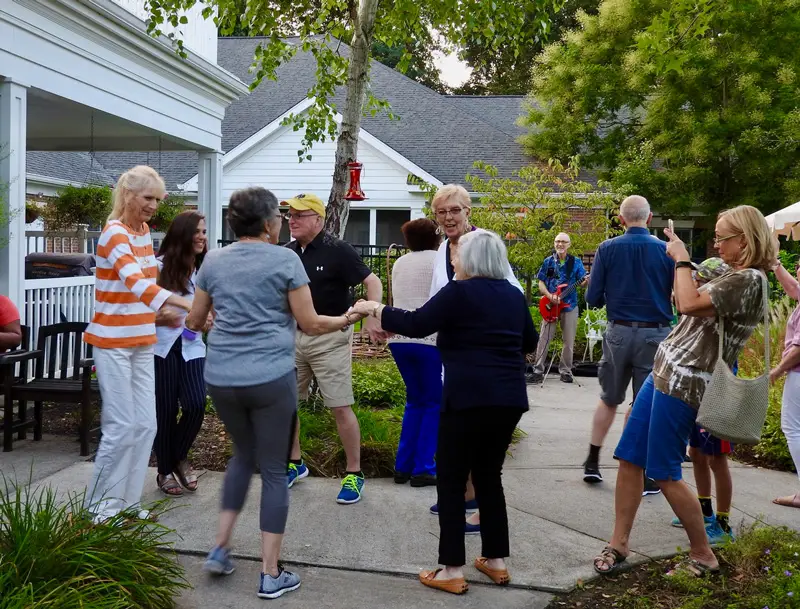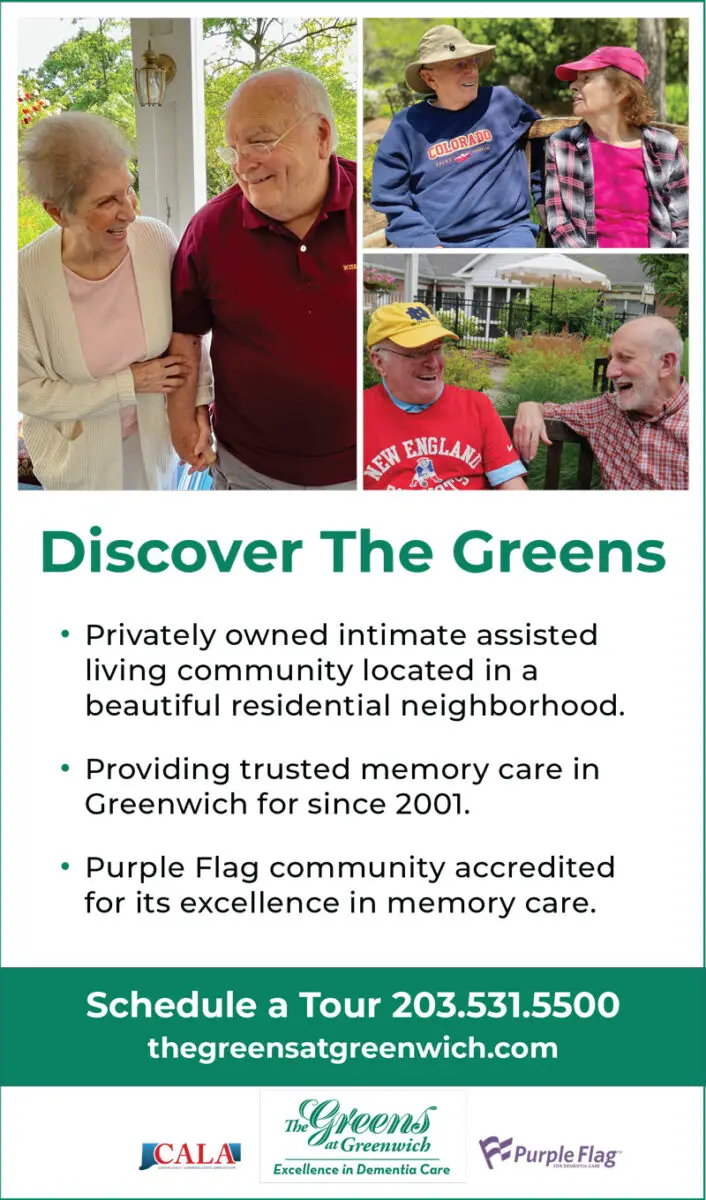
Choosing a memory care facility for your loved one isn’t on anyone’s bucket list. It’s not something you dream about, post on Pinterest or browse senior citizen magazines to learn more about. Until you have to.
My husband was in his early 50s when he was diagnosed with early onset Alzheimer’s disease. After several years and his progressive decline, I realized I could no longer care for or provide him with safety at home. It was a devastating and isolating experience. He was my best friend and confidante yet as his executive functioning was failing, we could not make this decision together. This topic was not a conversation that came up with girlfriends or causally at dinner conversations. Friends were talking about children, colleges, empty nesting and travel. My husband passed at the age of 61. Since then, I have been working with Alzheimer’s in a variety of roles. There are more options and more advisors today to help guide you. Here are some lessons I have learned.
Make a Practical Checklist
Location, staffing, meals, cost, activities, medication and medical, assistance with activities with daily living. What is included in the monthly fee and what is extra? Include questions about the longevity of staff, including the executive director, nursing staff and aides. If there has been a lot of turnovers, dig into the reasons.
Focus on Socialization
Socialization is the aspect I find most people overlook. How will your loved one fit into the community? Will my loved one find friends in the community? Dig deeper into the activities and question how they are structured. What if your loved one enjoys a specific activity? How will they be allowed to continue the activity?
Imagine your loved one “fitting in” to this new home. It will become their “home” and the other residents their “neighbors.” Don’t be overly concerned about the place being comfortable for you to visit. In retrospect finding the right place was about his comfort, not mine.
I wish I had visited the communities more often prior to my selection to see what day-to-day life was like in the community. How often were aides involved in engaging with the residents? How often were they sitting around passively watching TV? How did the residents interact with each other? Were they interacting with their “buddies?” I recall a time when my husband was living with me at home and one of our neighbors also had dementia. Walking our dog one day, that neighbor motioned to us to come and sit with him in the yard. He offered us a glass of wine. The two guys started talking and laughing and I had no idea what they were talking about. Another neighbor came by and started speaking German, joining in the socialization. The three of them were having a great time communicating in a language that was foreign to me. That afternoon, my perception changed of what socialization could be in the changing world of memory impairment.
Listening and Adapting: It’s Not About You — It’s About Them
Unfortunately, I had to move my husband several times to find the best fit for him. Although his verbal and executive functioning skills were compromised by the disease, he was still able to communicate through his eyes, his gestures, his heart and his meta language. He communicated in a special language he invented, and I needed to adapt.
In the past years of working with a memory care community and the Alzheimer’s Association, I have seen many people with memory impairment form new friendships. I have watched the “loner” come into a community sad and distracted only to find them weeks later engaging with a new friend or finding joy in an engaging activity. The conversations may not be about the stock market or politics or even their children. The connections are real and have been stored in their brains and their bodies through gestures, movement and feelings.
The journey with your loved one through memory impairment is not easy. Remember it is the person, not the disease. Seek the person. Who are they today? What do they see? Join them in a new relationship. The challenge is to find a community that ticks the boxes and more importantly provides an environment promoting dignity, joy and engagement for your loved one. Make sure the community’s priority is getting to know your loved one and provide them with a daily journey that feels like home.






















